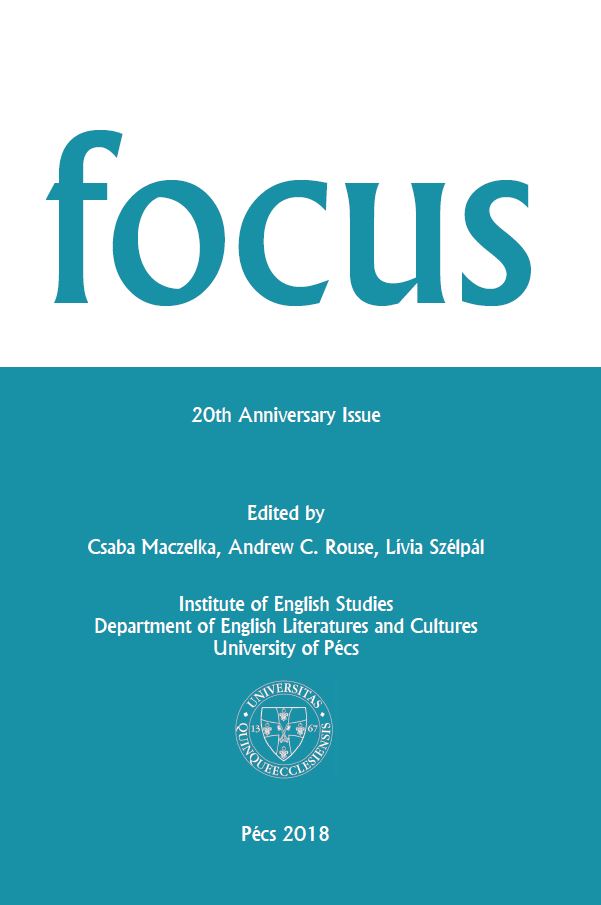“Hark! I Hear the Cannons Roar”: Twenty years in the life of a “new tune”
DOI:
https://doi.org/10.15170/Focus.11.2018.3.45-56Abstract
In 1683 the Ottoman Turks were defeated at Vienna in what was to be a last serious bid to extend their empire further west, crushing the Habsburg dynasty as they did so. They had had good reason to believe the venture viable, as there existed no stable unity among the western powers. But for once the Holy League, a pan-European force comprising representatives from a variety of kingdoms, dukedoms and disinherited adventurers, cohered when it needed to do so and the several-century-long Ottoman threat essentially came to an end, or at least the beginning of the end. In the same year a street ballad appeared on the streets of London relating the defeat of the Turks at Vienna. A Carrouse to the Emperor, the Royal Pole, and the Much-Wrong’d Duke of Lorrain2 is a whimsical piece penned by the irrepressible Thomas D’Urfey that suggests that had the Islam religion permitted the Turkish soldiers to imbibe something stronger than coffee then the Ottoman host would have pressed on further, at least as far as the Rhine.
Downloads
Published
How to Cite
Issue
Section
License
Copyright (c) 2022 FOCUS: Papers in English Literary and Cultural Studies

This work is licensed under a Creative Commons Attribution-NonCommercial-NoDerivatives 4.0 International License.
FOCUS: Papers in English Literary and Cultural Studies follows the principles laid down by Creative Commons, which provides guarantees for the Author’s copyright while also ensuring that intellectual properties are made available for the wider public in a digital form. All papers submitted to the journal apply the following licence conditions (indicated on the journal’s website as well as in individual publications):
“© This work is licensed under a Creative Commons Attribution-NonCommercial-NoDerivatives 4.0 International License.”
You are free to:
- Share, copy and redistribute the material included in the journal in any medium or format under the following terms:
- Attribution — You must give appropriate credit to the Author, and indicate the original place of publication [FOCUS: Papers in English Literary and Cultural Studies, Issue nr., page numbers.].
- NonCommercial — You may not use the material for commercial purposes.
- NoDerivatives — You are not allowed to remix, transform, or build upon the material.
- The above conditions must always be indicated if the journal material is distributed in any form.
- The above conditions must always be met, unless a written permission signed by the Author and the Editor-in-Chief states otherwise.

